Rocky Tuan, vice-chancellor, Chinese University of Hong Kong
While all Hong Kong university leaders have been caught up in the ongoing protests, nobody has stood up for his campus and students with quite the tenacity of Rocky Tuan.
News images showed him venturing into what looked like a war zone in mid-November as he tried to negotiate a?peaceful resolution between protesters and police fighting on the campus?of the Chinese University of Hong Kong.
“Vice-chancellor Tuan and university staff, please leave immediately. This is not a time for negotiation or dialogue,” the police said over a megaphone before?launching tear gas in his direction.
In the months leading up to that moment, Professor Tuan had reached out to students?and listened to their grievances while also calling for an end to violence. He kept up this balancing act despite being criticised by establishment figures.
CUHK was one of the two campuses most damaged in the recent violence. Professor Tuan’s main challenge in 2020 will not be in the classroom or lab, but in rebuilding his university.
Joyce Lau
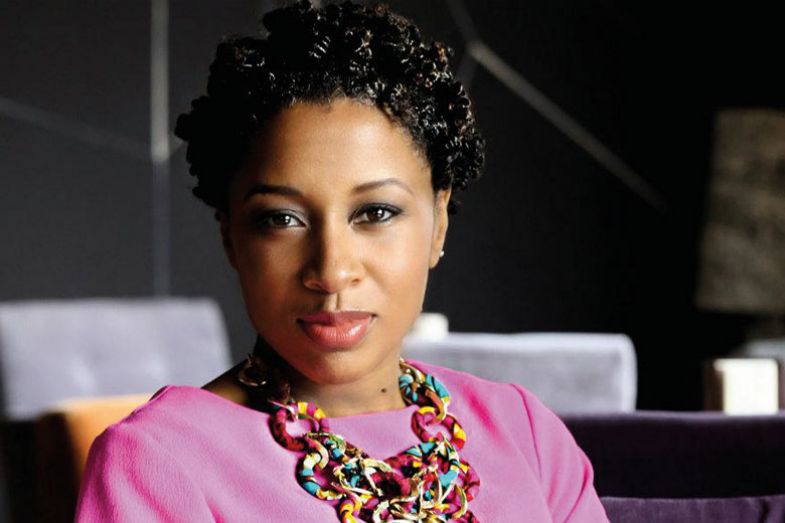
Nicola Rollock, reader in equity and education, Goldsmiths, University of London
Few voices have been more eloquent than Nicola Rollock’s in pointing to British universities’ continuing problems with race.
Her report for the University and College Union, , was the first UK study to focus on “the career experiences of black female professors” and revealed that “a?culture of explicit and passive bullying persists across higher education along with racial stereotyping and racial microaggressions”. It also made a number of recommendations to enable institutions to “move towards the radical transformation that is required”.
Dr Rollock has taken her message well beyond the usual policy circles, for example through an article in titled “We Urgently Need More Black Female Professors in UK Universities”.
She also argued that universities were still “really slow and behind” in tackling broader racial inequalities at adding that “I?don’t think the goodwill of the sector is enough with these issues – it needs to be mandated.”
Matthew Reisz
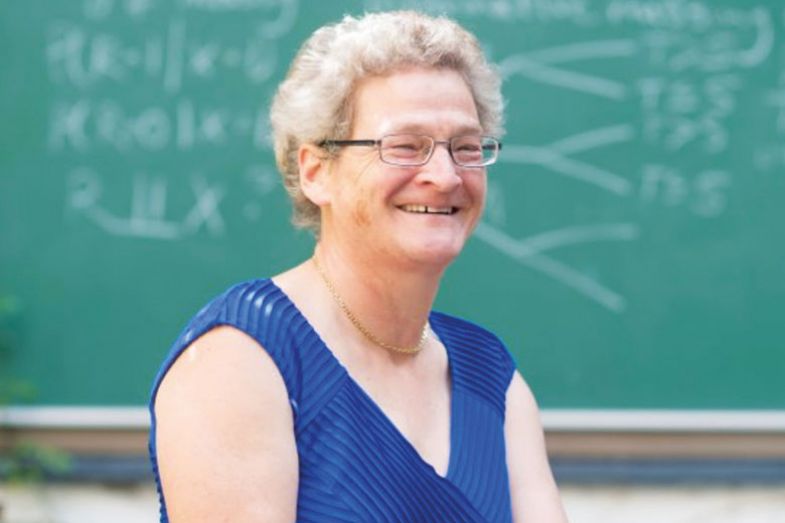
Jane Hutton, professor of statistics, University of Warwick
The debate over UK higher education’s biggest pension fund continued to divide the sector during 2019, and in the eye of the storm was Jane Hutton, the board member turned whistleblower on the Universities Superannuation Scheme.
Professor Hutton spotted an alleged error in the calculation of the scheme’s much-debated funding shortfall but claimed that she was obstructed in her bid to investigate.?Her decision to speak out?about it set in train a series of events?that led to her suspension and eventual dismissal from the board.
Professor Hutton has vowed to take further action against the USS and to push for the release of the investigation conducted for the scheme. She has also continued to press for greater transparency about the calculation of the deficit, a crusade?that has drawn attention to the wider fact that many statistical models on which the public depend lack clarity.
Continuing industrial action means that the debate about the USS will continue to grip UK universities through 2020, and Professor Hutton will remain a key player in the debate.
Anna McKie
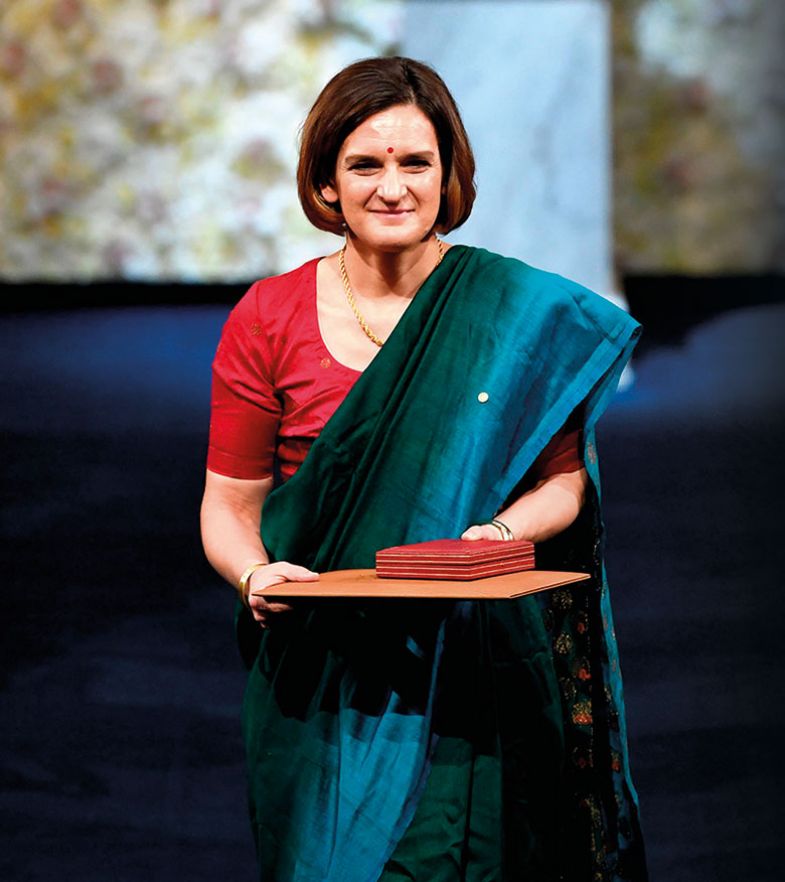
Esther Duflo, Abdul Latif Jameel professor of poverty alleviation and development economics, Massachusetts Institute of Technology
This year’s roll call of Nobel prize laureates had a familiar feel in its first week: nine winners for science, all of them men.
The Nobel’s final award was different. In the most male-dominated of disciplines recognised by the committee, Esther Duflo was honoured,?which made her?only the second woman to win the Nobel Memorial Prize in Economics.
In fact, Professor Duflo is the first female economist to win?because the only other woman honoured so far – Elinor Ostrom in 2009 – was a political scientist.
The award, which?she shared with her husband, fellow MIT professor Abhijit Banerjee, and Harvard University’s Michael Kremer, shone valuable light on?the researchers’?experimental approach to alleviating global poverty in India, Kenya, Ghana and Morocco.
However, much attention has inevitably focused on Professor Duflo’s win as a woman. She told Times 黑料吃瓜网 that she hoped her award might attract more women to a field that is traditionally a “macho culture”.
Jack Grove
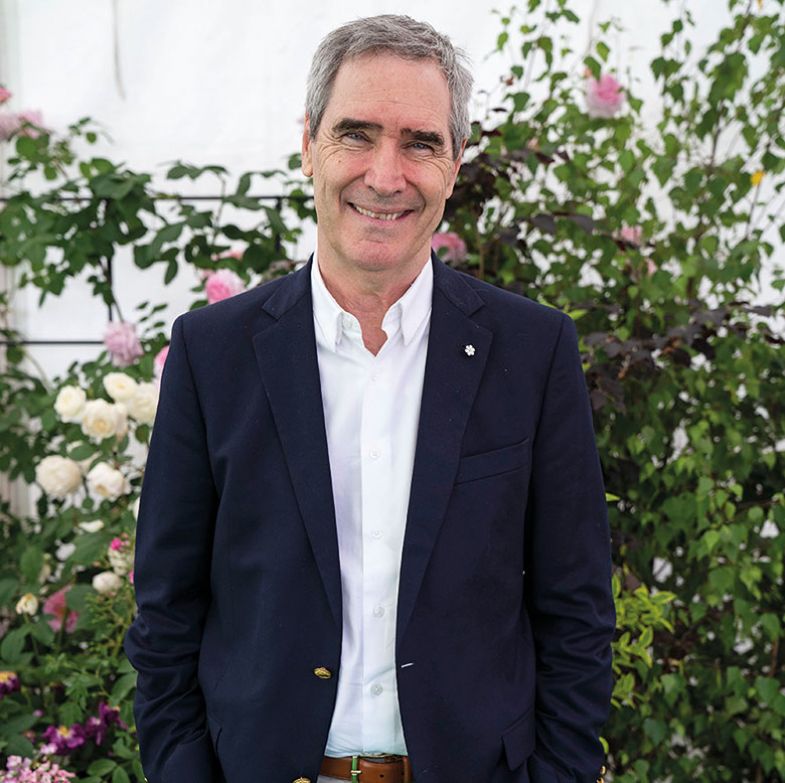
Michael Ignatieff, president, Central European University
At a time when universities in many countries are battling authoritarian states and threats to institutional freedom, the Central European University has become a symbol of what can happen to a higher education institution in a backsliding democracy.
Its president, Michael Ignatieff, a human rights expert, has also become an inspirational example of how to lead a university through such turmoil.
When the CEU was forced out of Budapest by the Hungarian government, Professor Ignatieff relocated?it to a new campus in Vienna, completing the move in November.
Throughout the long and uncertain process, Professor Ignatieff has also called on European governments to take a stand against authoritarian regimes and for the European Union to implement a more robust definition of academic freedom.
Although?the CEU?has departed Budapest, Professor Ignatieff’s efforts have ensured that the university will survive and remain a pillar of democracy.
Ellie Bothwell
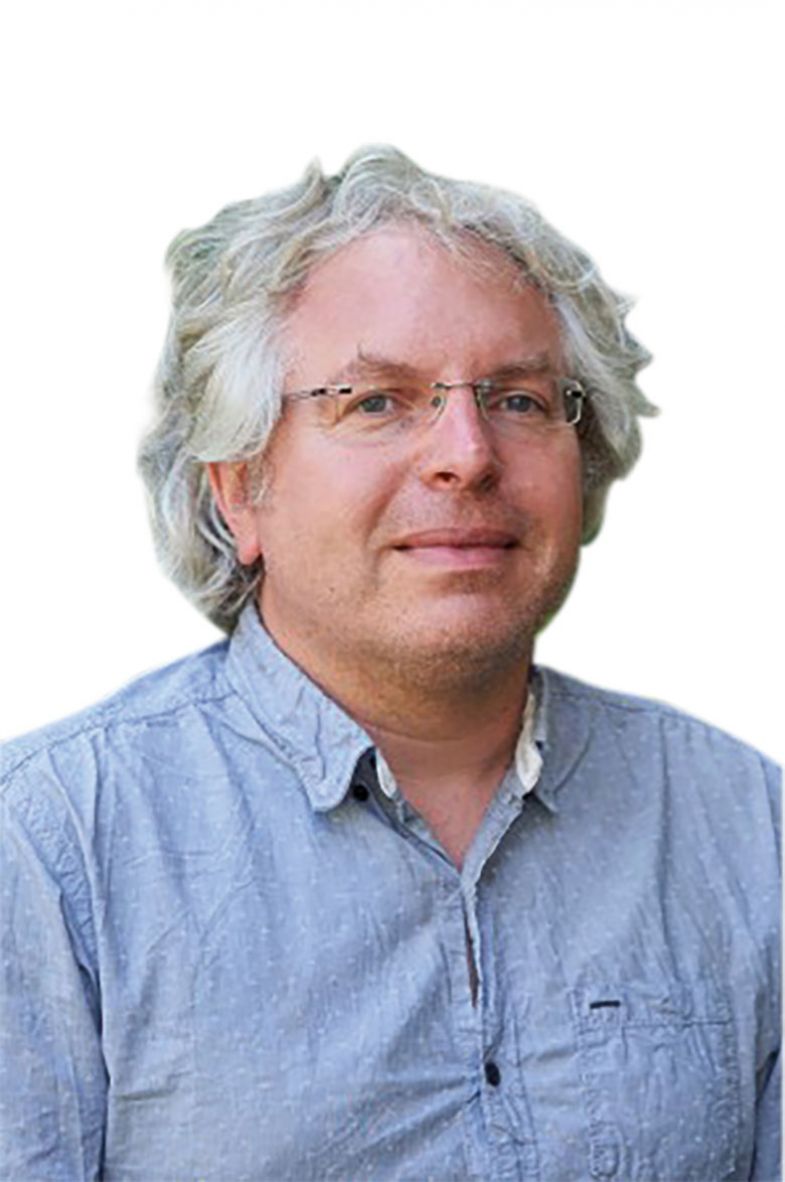
Gerd Schr?der-Turk, senior lecturer in mathematics and statistics, Murdoch University
To Murdoch University, he?is a governing body member who went rogue and tarnished its international reputation.
To journalists, he?is part of a trio of whistleblowers who finally stated on the record what they?had long been hearing about universities recruiting international students with inadequate language skills.
To academics around the planet, he?is the quietly spoken but fiercely principled hero who?is being sued for millions because he exercised his academic freedom and spoke up about exploited students, compromised staff and a mental health crisis in the making.
Ongoing court action has temporarily muzzled Murdoch mathematician Gerd Schr?der-Turk. But it has?not silenced his supporters, some 32,000 of whom have signed a petition demanding that Murdoch drop its legal proceedings and hold a?transparent inquiry into the issues he raised. The university has said that it does not comment on legal matters and stated that internal and external reviews have found no evidence to substantiate the allegations.
While Dr Schr?der-Turk’s financial future lies under a cloud, no university can afford to ignore his message.
John Ross
Jim Johnsen, president, University of Alaska
In June, Alaska’s? governor, Michael Dunleavy, shocked his university system by announcing a 41?per cent cut in state support.
While the governor took heaps of criticism, blame also fell heavily on the system president, Jim Johnsen, who was accused first of being?unprepared for the?blow?and then of being too heavy-handed in demanding that the system’s 16 campuses contract into a single accredited unit.
Dr Johnsen fought back firmly and directly. He admitted?that there was some bloat in?the university system but also?condemned the governor’s funding cut as wildly excessive, and he urged the?consolidation as part of what he considered an act of prudent planning.
It seems to have worked.?Feeling the pressure that Dr Johnsen helped to generate, the governor restored half the cut and agreed to spread it over three years.
Much damage has been done, and?much work remains, but the University of Alaska is finding places to economise, securing new private donors and keeping its prized but once-threatened Arctic research operations.
Paul Basken
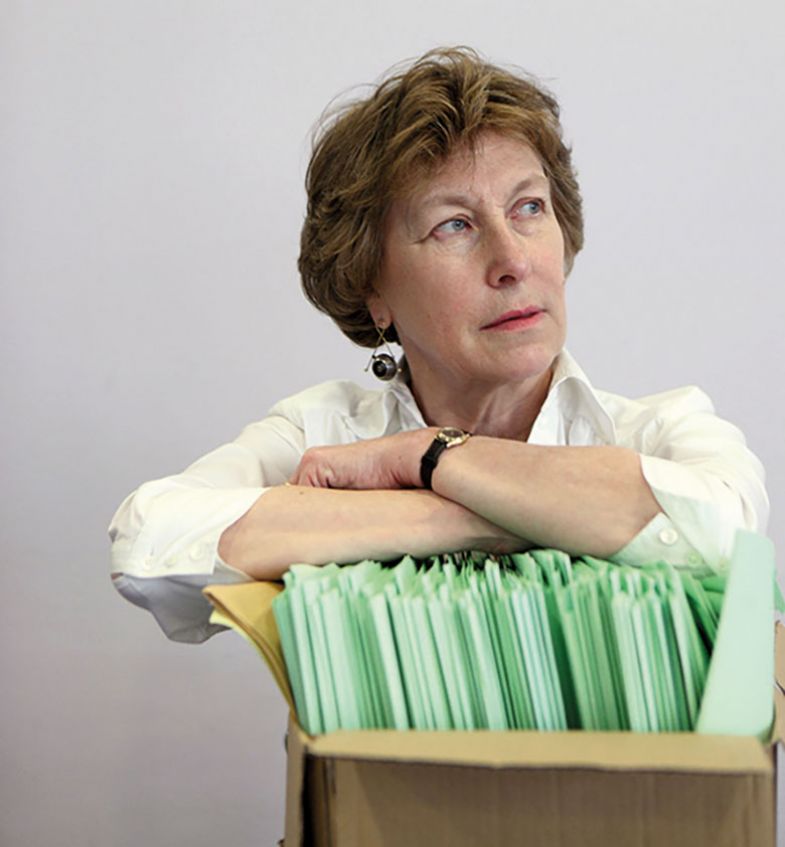
Baroness Wolf, Sir Roy Griffiths professor of public sector management, King’s College London
Ministers are “increasingly aware that they are not actually getting as much bang for their buck as they had hoped for” from the expansion of English higher education – that the expected productivity and social mobility benefits are missing, Baroness Wolf of Dulwich said this year.
No one has been more?influential?than?Lady Wolf?in persuading key figures in Westminster to back this belief.?She?was the driving force on the government’s review of post-18 education, which reported this year. While the review’s plans for university funding have thus far failed to find government support,?Lady Wolf’s broader thinking has resonated with the Conservative Party following the review.
Her influence is clear in the ultra-sceptical stance on expanded higher education seen in the Tory manifesto (co-authored by her daughter, Rachel Wolf), with its potentially highly significant plans to tackle “low-quality courses”.
John Morgan

Tracey Bretag, director of academic integrity, University of South Australia Business School; Cath Ellis, associate dean (education), Faculty of Arts and Social Sciences, UNSW Sydney
Contract cheating is an epidemic afflicting the world’s universities, but it is one that governments are now taking action to address, with Australia, the Republic of Ireland and New Zealand among the countries introducing legislation.
The efforts of researchers who have shone a light on the scale of the problem?have been vital in prompting such action; and few academics have been more active on the issue than Tracey Bretag and Cath Ellis.
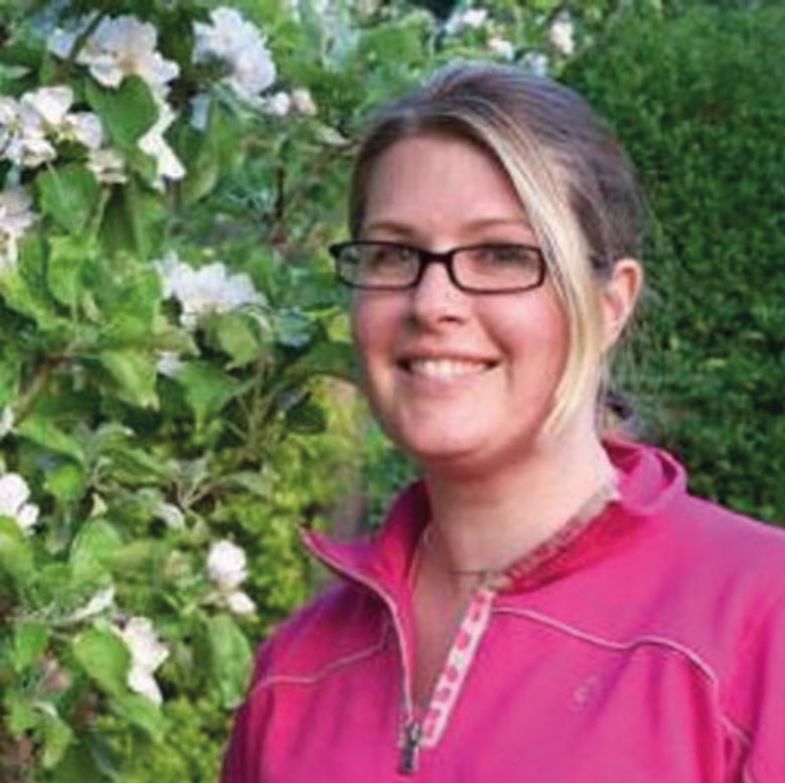
Dr Ellis had a blunt message when she addressed THE’s Australia Universities Forum at the University of Sydney in August: “Whether you know about it or not; whether you like it or not; whether you’re doing something about it or not; it is going on in your university.”
Dr Bretag, an acknowledged research leader in the area, has said that universities detect perhaps one-sixth of cheats, arguing that institutional culture change is needed to tackle the problem in a meaningful way.
John Ross
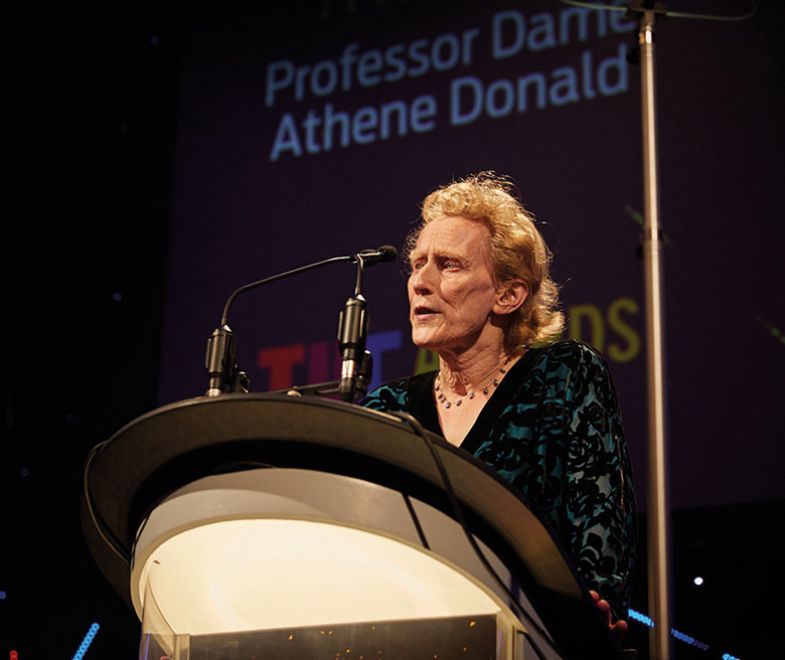
Dame Athene Donald, master, Churchill College, Cambridge
Improving gender equality and ending sexual harassment reached the top of the policy agenda in higher education sectors around the world during 2019.
But it was not always such a high-profile cause. It has taken long-running advocacy to highlight the importance of this cause, and there have been few more enduring and powerful voices than that of Dame Athene Donald.
At Cambridge, she served as the institution’s gender equality champion, and at a national level she is participating in the independent review of the Athena SWAN charter. All the?while, she has also used her blog to push for change.
Her efforts were recognised last month when she was presented with the Lifetime Achievement Award at the Times 黑料吃瓜网 Awards. She accepted it with a speech?that acknowledged that there was “still such a?very long way to go” to achieve equality – and?that made a call for attendees to “call out” bias and harassment. “If we don’t, we are complicit,” Dame Athene said.
Chris Havergal
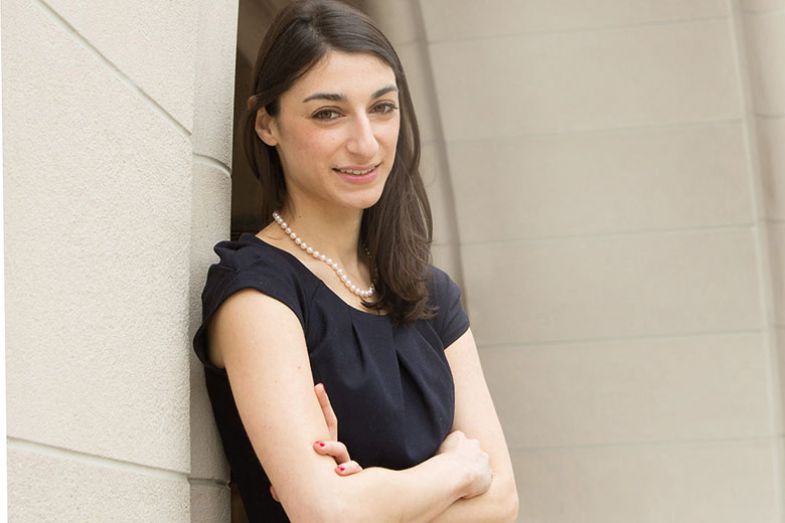
Toby Merrill, lecturer on law, Harvard University
When US education secretary Betsy DeVos was held in contempt of a federal court in October for?allowing?her department to illegally collect the debts of thousands of for-profit college students, the victory belonged to nobody more than Toby Merrill.
Back in 2012, the Harvard Law School graduate was working with victims of predatory mortgage lenders, and she saw that she was not only aiding individuals but also helping to push necessary policy changes.
It was then that Ms Merrill decided to create the Project on Predatory Student Lending. Now with 12 staff members, the project pursues work that included uncovering the Education Department’s loan collection actions against thousands of students of the failed Corinthian College chain?– despite a federal law that specifically allows such students a loan discharge if they were defrauded by their institution.
In a profile this summer in the Harvard Law Bulletin, Ms Merrill said she was just looking to create a “more fair and just society”.
Paul Basken




